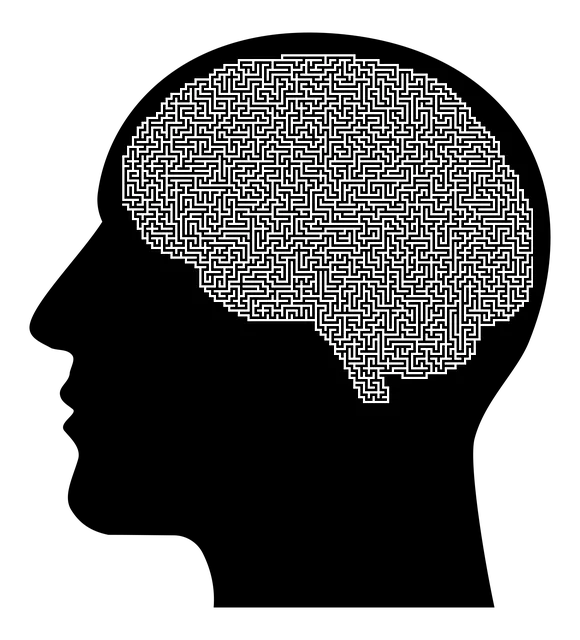The Kaiser Permanente mental health appointment center in Boulder is committed to culturally responsive care, addressing diverse mental health experiences through tailored communication, emotional support, and compassion. This comprehensive approach respects individual backgrounds, fosters trust, and improves accessibility and outcomes for all mental healthcare seekers in the community. By integrating Inner Strength Development programs and educational initiatives, the center empowers patients, bridges cultural gaps, and promotes healing.
Cultural sensitivity is a cornerstone in providing effective mental healthcare, especially within diverse communities. This article explores the vital role it plays at Kaiser Permanente’s Mental Health Appointment Center in Boulder, focusing on improving patient outcomes and engagement. We delve into the impact of cultural competence, offering strategies for healthcare providers to navigate and understand various cultural contexts. By fostering a culturally responsive environment, the center enhances care, ensuring every patient receives personalized, respectful treatment.
- Understanding Cultural Diversity in Mental Healthcare at Kaiser Permanente Boulder
- The Impact of Cultural Sensitivity on Patient Outcomes and Engagement
- Strategies for Incorporating Cultural Competence into Clinical Practice
- Building a Culturally Responsive Environment at the Mental Health Appointment Center
Understanding Cultural Diversity in Mental Healthcare at Kaiser Permanente Boulder

At Kaiser Permanente Mental Health Appointment Center Boulder, recognizing and embracing cultural diversity is integral to providing compassionate and effective care. The center understands that individuals from various ethnic, racial, and cultural backgrounds may have unique experiences and perspectives on mental health, which can significantly impact their journey towards healing. Therefore, they prioritize creating an inclusive environment that respects these differences.
Through comprehensive training in communication strategies, emotional regulation, and compassion cultivation practices, the healthcare professionals at Kaiser Permanente Boulder are equipped to offer tailored support. This approach ensures that every patient feels heard and understood, fostering a sense of safety and trust. By acknowledging cultural nuances, the center aims to bridge the gap between diverse communities and mental healthcare services, ultimately enhancing accessibility and outcomes for all.
The Impact of Cultural Sensitivity on Patient Outcomes and Engagement

Cultural sensitivity is a cornerstone in enhancing patient outcomes and fostering engagement at Kaiser Permanente mental health appointment centers, including the Boulder location. By recognizing and respecting diverse cultural backgrounds, beliefs, and values, healthcare providers can create an environment that encourages open communication and builds trust. This, in turn, facilitates better understanding of patients’ unique emotional healing processes and allows for more tailored treatment plans.
Incorporating emotional intelligence into clinical practice is crucial in this context. Mental health professionals with strong emotional intelligence are adept at navigating complex interpersonal dynamics and cultural nuances. They can adapt their communication styles, showing genuine empathy and understanding, which helps to reduce barriers to care. Moreover, cultural sensitivity contributes to preventing burnout among healthcare providers by fostering a supportive work environment where diversity is celebrated and valued, ultimately leading to improved patient satisfaction and outcomes.
Strategies for Incorporating Cultural Competence into Clinical Practice

Building a Culturally Responsive Environment at the Mental Health Appointment Center

At the Kaiser Permanente mental health appointment center in Boulder, creating a culturally responsive environment is paramount to delivering effective care. This involves deeply understanding and respecting the diverse cultural backgrounds, beliefs, and values of each individual who walks through the door. By integrating Inner Strength Development programs, the center fosters an inclusive atmosphere where patients feel seen, heard, and valued. These initiatives go beyond simply offering services; they aim to empower individuals with the knowledge and skills needed to navigate their mental health journeys in a way that resonates with their unique cultural identities.
The Mental Health Education Programs Design plays a crucial role in this process, providing educational resources tailored to various cultural contexts. Additionally, Social Skills Training sessions are organized to help patients enhance communication and interpersonal abilities, ensuring they feel supported and understood during their appointments. Through these comprehensive approaches, the Kaiser Permanente mental health appointment center Boulder strives to bridge cultural gaps, promote healing, and ultimately improve patient outcomes.
Cultural sensitivity is not just a moral imperative but also a key determinant of success in mental healthcare. As demonstrated by Kaiser Permanente’s approach at the Mental Health Appointment Center in Boulder, understanding and respecting cultural diversity can significantly improve patient outcomes and engagement. By implementing strategies that foster cultural competence, such as diverse staff training, adaptable treatment methods, and inclusive environment design, mental health professionals can better serve a wide range of patients. This tailored care not only enhances treatment effectiveness but also builds trust and fosters stronger relationships between healthcare providers and individuals from various cultural backgrounds.






